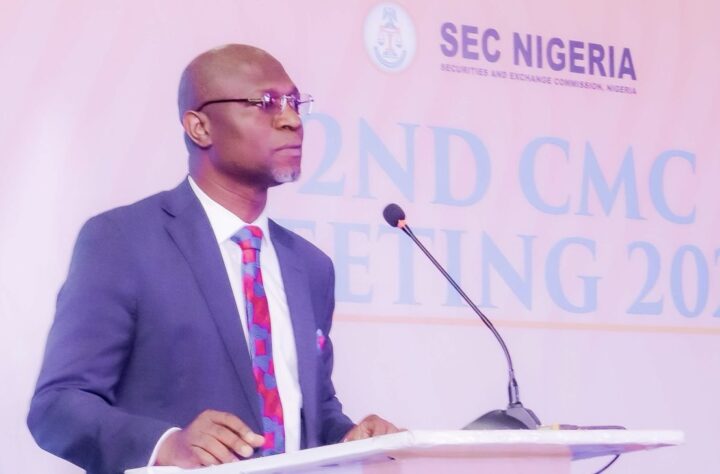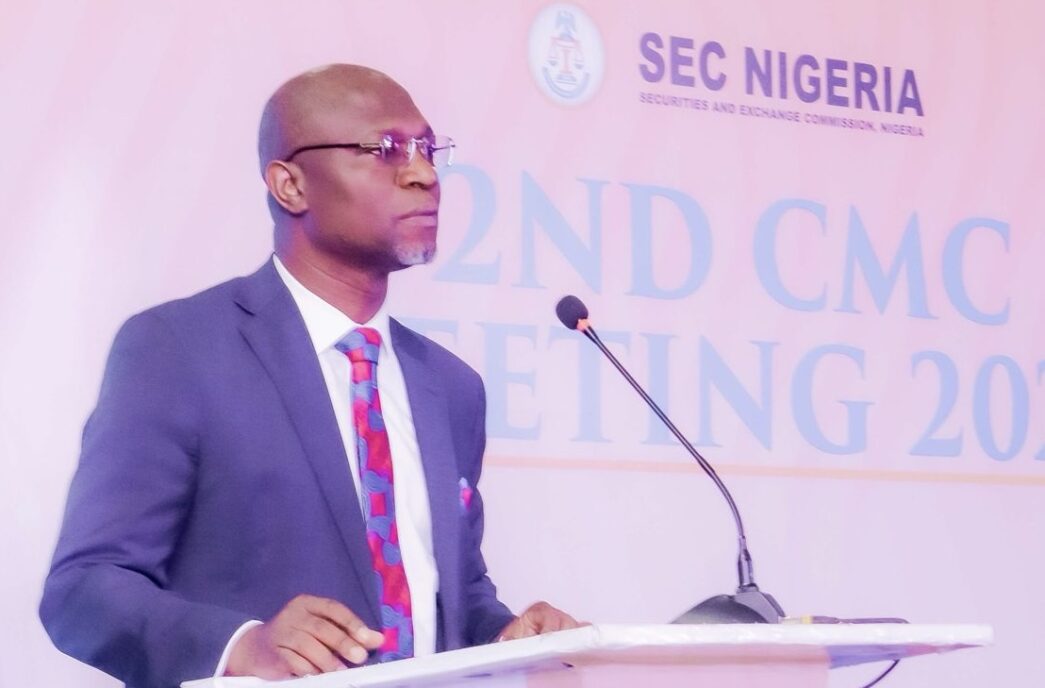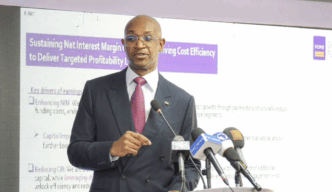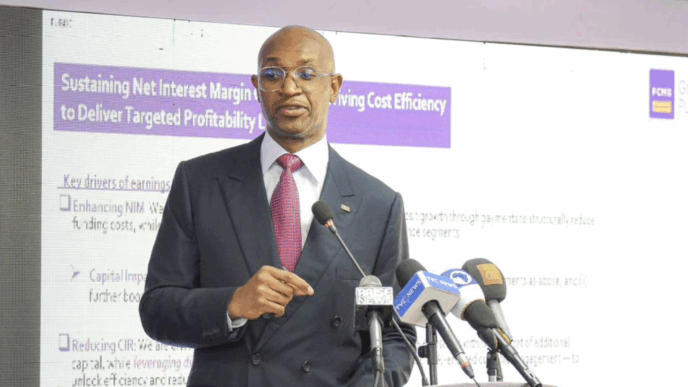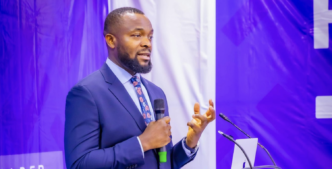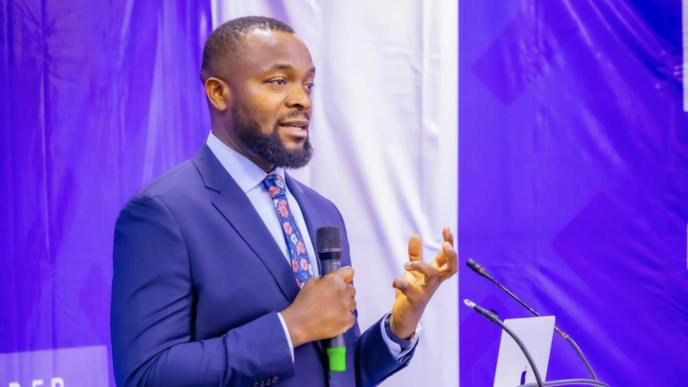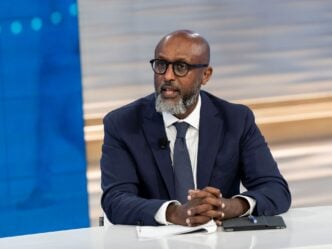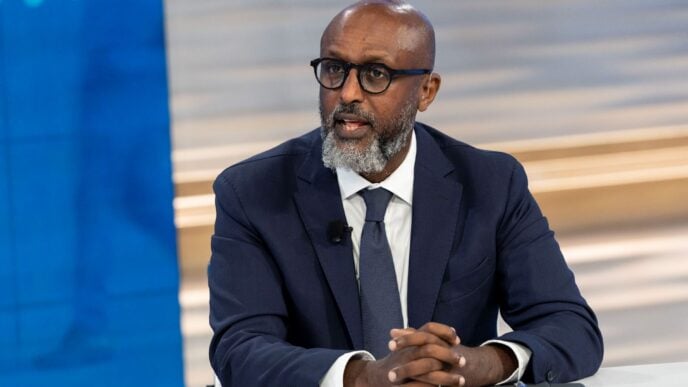The Securities and Exchange Commission (SEC) says Nigeria’s planned transition to a T+2 settlement cycle in the capital market will enhance efficiency, reduce systemic risks, and strengthen investor confidence.
T+2 settlement is a financial market process where the exchange of ownership of a security (like a stock) for money is completed two business days after the trade date.
Emomotimi Agama, director-general (DG) of SEC, spoke on Wednesday at a Trade Associations Roundtable on ‘Ensuring Stakeholder Readiness for T+2 Settlement,’ held in Abuja.
Agama said the migration from the current T+3 settlement cycle – where trades are settled three business days after execution – to T+2, represents a strategic move to align Nigeria’s capital market with global best practices and improve competitiveness.
Advertisement
“A shorter settlement cycle is a hallmark of a mature, dynamic, and competitive market,” he said.
“It directly reduces counterparty risk and market exposure. The less time between trade execution and final settlement, the lower the potential for a default to ripple through the system.”
The SEC chief said a faster settlement process would boost market liquidity by returning capital to investors more quickly, allowing reinvestment and greater trading activity.
Advertisement
“It aligns our market with international best practices, enhances our attractiveness to foreign investors, and reinforces Nigeria’s position as a key player in the global financial arena,” he added.
Agama described the transition as not merely a technical adjustment but a “major milestone” for the capital market, adding that efficiency, resilience, and investor confidence are at the heart of the reform.
‘T+2 VITAL SHIFT TO GLOBAL STANDARDS’
The DG added that while several advanced economies are already moving toward T+1 settlements, Nigeria’s shift to T+2 is a vital step in keeping pace with evolving global financial standards.
Advertisement
“The global financial landscape is constantly changing, driven by technology and investor demand for efficiency. The transition to T+2 is therefore a strategic imperative to keep our market competitive and future-ready,” Agama said.
He emphasised that the success of the transition depends on the readiness of all market participants including brokers, custodians, clearing houses, and investors, to adapt operational and technological systems.
“Your readiness and that of your members is the single most important determinant of our success,” he said.
“This means recalibrating back-office operations, upgrading technology systems, streamlining settlement processes, and ensuring all market participants are informed and prepared.”
Advertisement
Agama assured stakeholders that SEC would collaborate closely with key market infrastructure institutions such as the Nigerian Exchange Limited (NGX) and the Central Securities Clearing System (CSCS) to ensure a seamless and coordinated implementation.
He also said the commission would intensify investor education and awareness campaigns to deepen understanding of the implications and benefits of the new settlement cycle.
Advertisement
“The move to T+2 is a necessary leap forward for the Nigerian capital market. It is a testament to our collective ambition to build a market that is efficient, resilient, and globally competitive,” Agama added.
He urged stakeholders to engage constructively and share best practices to identify potential challenges early and chart a clear implementation roadmap.
Advertisement
“The SEC will provide all necessary regulatory support and guidance. This transition must be a resounding success and a proud milestone for Nigeria’s financial markets,” he said.
On September 3, the CSCS said Nigeria’s capital market will migrate to a T+2 settlement cycle from November 28, following approval by the SEC.
Advertisement
